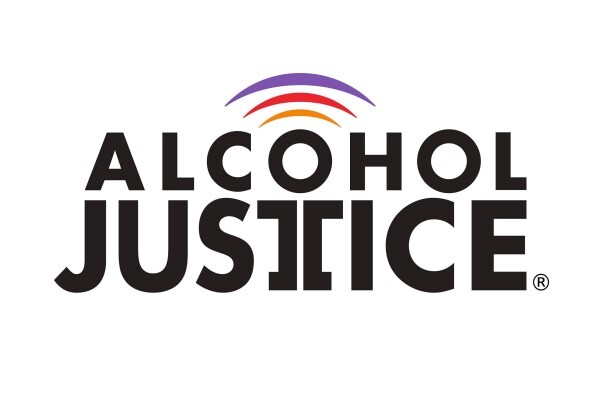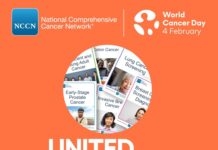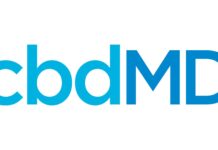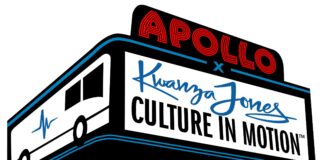Despite Advocates’ Efforts and Extensive Research, Public Awareness Remains Dangerously Low
SAN RAFAEL, Calif., Oct. 23, 2025 /PRNewswire-HISPANIC PR WIRE/ — October is Breast Cancer Awareness Month, and this year Alcohol Justice recognizes the researchers and advocates fighting for national recognition of the link between alcohol consumption and increased breast cancer risk. Despite decades of misleading industry tactics, including deceptive research and “pinkwashing” products, 2025 marks a surge in public awareness of the carcinogenic effects of alcohol, particularly in women.

“By truly understanding breast cancer risk factors, we gain a little more power over our health and future,” said Miryom Yisrael, Executive Director of Alcohol Justice. “By hiding those risk factors, the alcohol industry generates fear, anxiety, and powerlessness.”
According to BreastCancer.org, breast cancer is the most frequently diagnosed cancer among women, causing an estimated 42,000 annual deaths in the U.S. In this country, over 4 million women are either currently living with breast cancer, or have survived it. In the face of this burden, every effort to lessen new cases is essential. Because of its role in creating vulnerability to cancer, alcohol has now come under much-deserved scrutiny.
In January of this year, the Office of the U.S. Surgeon General released the groundbreaking Alcohol and Cancer Risk advisory. This publication made clear the tangled relationship between drinking and breast cancer. According to the Surgeon General:
- 44,180 alcohol-related breast cancer cases are diagnosed annually.
- Around 1 in 6 of all U.S. breast cancer diagnoses are alcohol-related
- The risk of breast cancer starts rising at the first drink.
- The lifetime risk of developing breast cancer rises from 11.3% among women who have fewer than 1 drink per week to 15.3% among women having 2 drinks per day
“There is no such thing as a safe level of drinking,” said Robert Lipton, PhD, Scientific Director of Alcohol Justice. “That’s crystal clear when you look at breast cancer.”
Despite the Surgeon General’s efforts, awareness of the link between alcohol and breast cancer remains low. According to a University of Alabama study published this year, only 30% of breast cancer survivors are aware that alcohol plays a role in breast cancer, and only 26.3% were advised about that risk from a healthcare provider.
The industry itself may be working to suppress understanding of the link. The term “pinkwashing” was coined by Breast Cancer Action to describe the actions of companies who engage in breast cancer awareness while selling carcinogenic products. Alcohol Justice has looked extensively into pinkwashing by alcohol companies, and raised red flags over “in-kind” donations and using per-sale breast cancer fundraising to drive profits more than donations. A recent study from the University of North Carolina, Chapel Hill suggested that advertising combining beer and breast cancer awareness led participants to see the brand as healthier overall—when, in truth, there is no form of alcohol that does not raise cancer risk.
“Pinkwashing comes from page one of the industry handbook,” said Carson Benowitz-Fredericks, MSPH, Research Director for Alcohol Justice. “Distract, dissemble, and disinform. But when it comes to breast cancer, hiding that harm is inhuman and unforgivable.”
Fortunately, there are many voices out there speaking up about the alcohol-breast cancer link. Alcohol Justice is proud to recognize a handful of them, including:
- Mother Jones staff reporter Stephanie Mencimer, winner of the California Alcohol Policy Alliance’s Prevention hero award for her investigative reporting on the alcohol-cancer link
- Alcohol Research Group Deputy Scientific Director Priscilla Martinez, MPhil, PhD, whose Drink Less For Your Breasts campaign seeks to bring education and informed decision-making to young women across the country
- The staff at Breast Cancer Action, for coining the term “pinkwashing” and forcing corporations—including Big Alcohol—to reckon with their own culpability in breast cancer risk
“People have the right to know that alcohol increases the risk of breast cancer, and to take control of their health,” said Raul Verdugo, Director of Advocacy for Alcohol Justice. “When we speak out about the dangers of alcohol, we have the power to educate those around us. If enough of us raise our voices, the truth about alcohol and cancer can no longer be ignored.”
For more information or to schedule an interview, please call the contacts above or email [email protected].
About Alcohol Justice:
Alcohol Justice is a 501(c)(3) nonprofit organization founded in 1987 and dedicated to reducing alcohol-related harm through research, advocacy, and community engagement. By holding the alcohol industry accountable and promoting evidence-based policies, Alcohol Justice works to create healthier, safer communities. Sign up to receive Alcohol Justice eNews and Action Alerts.
|
CONTACT: |
Carson Benowitz-Fredericks |
|
Research Director |
|
|
(917) 426-6443 |
Logo – https://mma.prnewswire.com/media/147418/ALCOHOL_JUSTICE_LOGO_01.jpg
SOURCE Alcohol Justice







